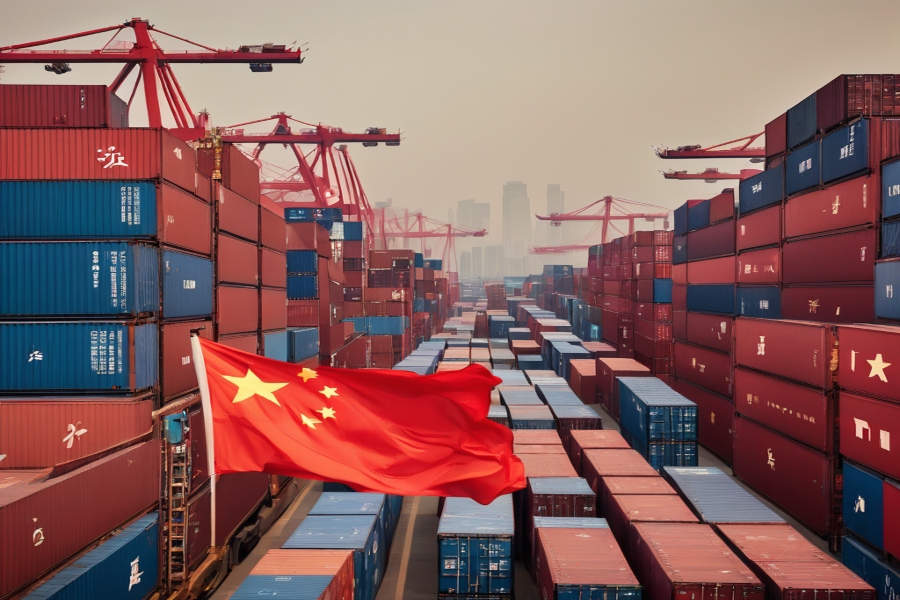Introduction
In recent decades, the economic prowess of China has surged, reshaping the landscape of international trade. A significant factor contributing to this transformation is the growing influence of Mandarin Chinese, the official language of China. Let's delve into the impact of Mandarin on international trade and how its prominence reflects China's expanding role in the global economy.
Mandarin Chinese: A Lingua Franca for Business
As China solidifies its position as a global economic powerhouse, Mandarin Chinese has emerged as a lingua franca for international business. Proficiency in Mandarin has become a valuable asset, opening doors to lucrative opportunities and fostering cross-cultural communication. Business leaders, diplomats, and professionals worldwide are recognizing the strategic advantage of mastering the language to navigate the complexities of the Chinese market.
China's Economic Rise and International Trade
China's meteoric economic rise has elevated it to the forefront of international trade. Boasting the world's largest population and a rapidly growing middle class, China has become a vital market for businesses seeking global expansion. The ability to communicate effectively in Mandarin is not merely a linguistic skill but a key element in building successful business relationships and negotiating favorable deals within the Chinese market.
Mandarin as a Business Necessity
In a globalized economy, businesses are increasingly viewing Mandarin as a necessity rather than a luxury. From multinational corporations to small enterprises, having employees with Mandarin proficiency is seen as a strategic advantage. It facilitates smoother interactions with Chinese partners, clients, and consumers, enhancing the overall competitiveness of businesses in the international arena.
Navigating Chinese Culture and Etiquette
Mandarin is not just a language; it is a gateway to understanding Chinese culture and business etiquette. Proficiency in Mandarin allows for a deeper comprehension of social norms, customs, and the nuances of conducting business in China. This cultural insight is invaluable for building trust and establishing long-term, mutually beneficial partnerships.
International Trade and the Belt and Road Initiative
China's Belt and Road Initiative (BRI) further underscores the importance of Mandarin in international trade. As China invests in infrastructure projects spanning multiple continents, Mandarin becomes a common language of communication for participating countries. This initiative solidifies China's influence in global trade and reinforces the significance of Mandarin as a tool for effective collaboration.
Educational and Professional Opportunities
The demand for Mandarin proficiency has led to an increased focus on Chinese language education worldwide. Educational institutions and language programs are responding to the need for Mandarin speakers, offering courses and certifications that prepare individuals for the challenges and opportunities presented by China's prominence in international trade. Proficiency in Mandarin not only enhances one's career prospects but also opens doors to a diverse array of cultural experiences and global perspectives.
Conclusion: Mastering Mandarin for Global Success
As China continues to shape the global economic landscape, Mandarin Chinese stands as a gateway to unprecedented opportunities in international trade. The language is no longer a regional asset but a global necessity for businesses and professionals aiming to thrive in the evolving dynamics of the world economy. Embracing Mandarin is not just a linguistic choice; it is a strategic decision that aligns with the realities of a world where China's influence in international trade continues to grow.




